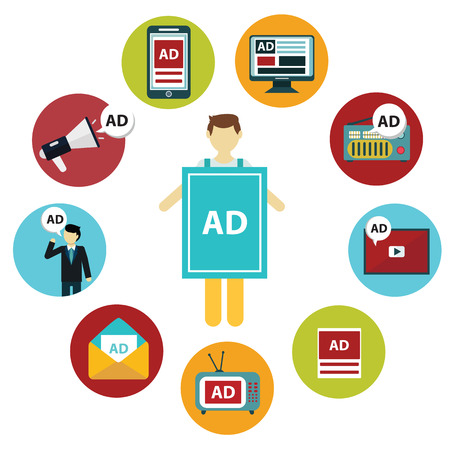Tips to manage multiple ads effectively in your ad server (part 2)

If you follow our previous article on how to manage multiple ads, you know it is a good idea to
maintain a consistent ad naming scheme and routinely clean up old ads. We will continue to discuss additional tips to ensure that you are not overwhelmed when running many ads at the same time.
Schedule ad reports
Anyone who runs and manages a lot of ads will tell you that some ads are more effective than others. The only way to know which campaigns are good and which campaigns need tweaking or adjustments is receiving comprehensive ad reports in a convenient way. A good
ad server will let you access reports whenever you need and as often as you want. Some will also allow you to set up scheduled reports that are delivered automatically based on your chosen interval. For example, a report sending out on the first day or the month or a weekly report. These scheduled reports can be sent to you, your ad team or even your clients. This is very convenient and it should help you remove or tweak ads that are not performing well, allowing you to focus on what is working.
Take advantage of grouping
When you have multiple ads, you want to simplify things and save as much time as possible so that not all of your time is spent on ad operations. One way to do that is to minimize the number of repetitive tasks. Ads are not always unique. Many of them share the same requirements or specifications. For example, multiple ads from the same advertiser, multiple ads with the same geo-targeting criteria. Depending on your
ad serving solution, there are different organizational tools and features that can accommodate shared or common settings. Grouping ads together will help you with ad management and it will allow you to maintain the same settings consistently across multiple ads, limiting the amount of time you need to spend attending to each separate ad. For example, you can create a group, link multiple ads to this group and target the same countries for all ads in this group. When you need to add a new country, you only need to make changes to the group and it will apply to all the linked ads. Without grouping, you would need to make multiple changes and that increases the chance for mistakes.
Use API for advanced integration
API, Application Programming Interface, is another big time saver that can help you put your ad management on auto pilot. When you need to handle many ads, automation is the first thing to consider because the difference is huge between creating one ad a day and creating ten or more ads a day. The API from a
good ad server allows you or your tech person to code a script that automates repetitive tasks. For example, automatically create new ads on the first of each month, at a specific time or based on certain conditions. The API script can also create A/B tests with multiple ad variants. The initial investment and integration is significant at the beginning but once you have the infrastructure for automation, it will open up many new opportunities and you will have more time to focus on other aspects of your business.
Related
 If you follow our previous article on how to manage multiple ads, you know it is a good idea to maintain a consistent ad naming scheme and routinely clean up old ads. We will continue to discuss additional tips to ensure that you are not overwhelmed when running many ads at the same time.
If you follow our previous article on how to manage multiple ads, you know it is a good idea to maintain a consistent ad naming scheme and routinely clean up old ads. We will continue to discuss additional tips to ensure that you are not overwhelmed when running many ads at the same time.